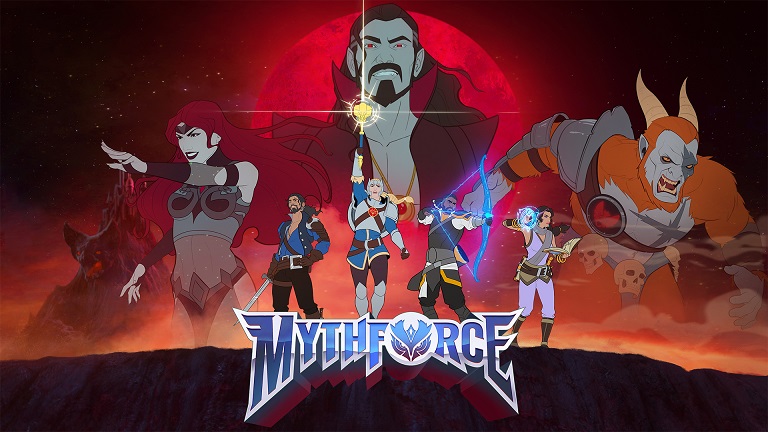3. Exceed community expectations as a team
As a community, gamers do a great job of looking out for each other, just as they do a great job of digging into every detail of their favorite properties — both in front of and behind the scenes.
Developers are part and parcel with the gamer community at large, which is why players want to know their favorite creators are treated fairly. For instance, it’s easy to overlook the value of collaborative talent to fans in the flurry of promotions before launch, but something we do is tag and promote the many voice personalities involved. It’s so simple, but it gives gamers another litmus test for the integrity at play behind the scenes of their potential new games and a greater connection and appreciation for their creators. Something as simple as that can cut through the noise and elevate the conversation above the litany of recent disappointing industry headlines.
We’ve seen studios and publishers making huge promises, then failing to deliver on the expectations they’ve set, despite extra, often mandated, effort by their staff. This try-hard posturing stems not from optimism or aspiration, but from prioritizing competitive appearances over simply creating a great game. It’s better to do great work and fulfill promises before-not after-release, and to engage and communicate with a community that is interested in what you’re creating.
With great hype comes greater disappointment when things don’t go according to plan, causing fans to feel lied to or even betrayed. Let readiness dictate your message and earn your hype and trust with a game that exceeds the expectations of your community on release.
Managing these expectations isn’t easy. Games evolve a lot throughout their lengthy development cycle. Original concepts take on new forms. Even innovative gameplay ideas can remain just beyond reach without the right technology at play. Collaborations and business agreements need to cater to this reality instead of stifle it. This growth and transformation is part of any game’s story, and players are eager to follow that journey if they know decisions are being made with integrity and the intent to do what’s right both for them and for the creative minds behind the work.
Players have raised the stakes — now change must come from within.
For today’s gamers, the enjoyment they find isn’t only a matter of what you make but how you make it. Stories about the breakthroughs and successes of deep and unrestricted collaboration, driven by processes that reflect a profound respect for all involved in development and all who play (a byproduct of equitable development), give players more reasons to fall in love with the worlds and experiences of games as well as respect and admire those who create them.
This change is not going to be without great effort, but I believe mid-sized and indie developers are poised to lead the way toward change for the better. Equity in game development starts with how we work together and rise to meet the standards and values put forth by our broad community of players.
Their trust, engagement and devotion depends on it.





